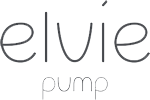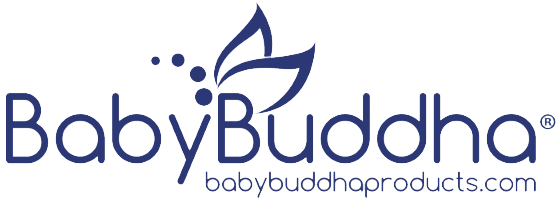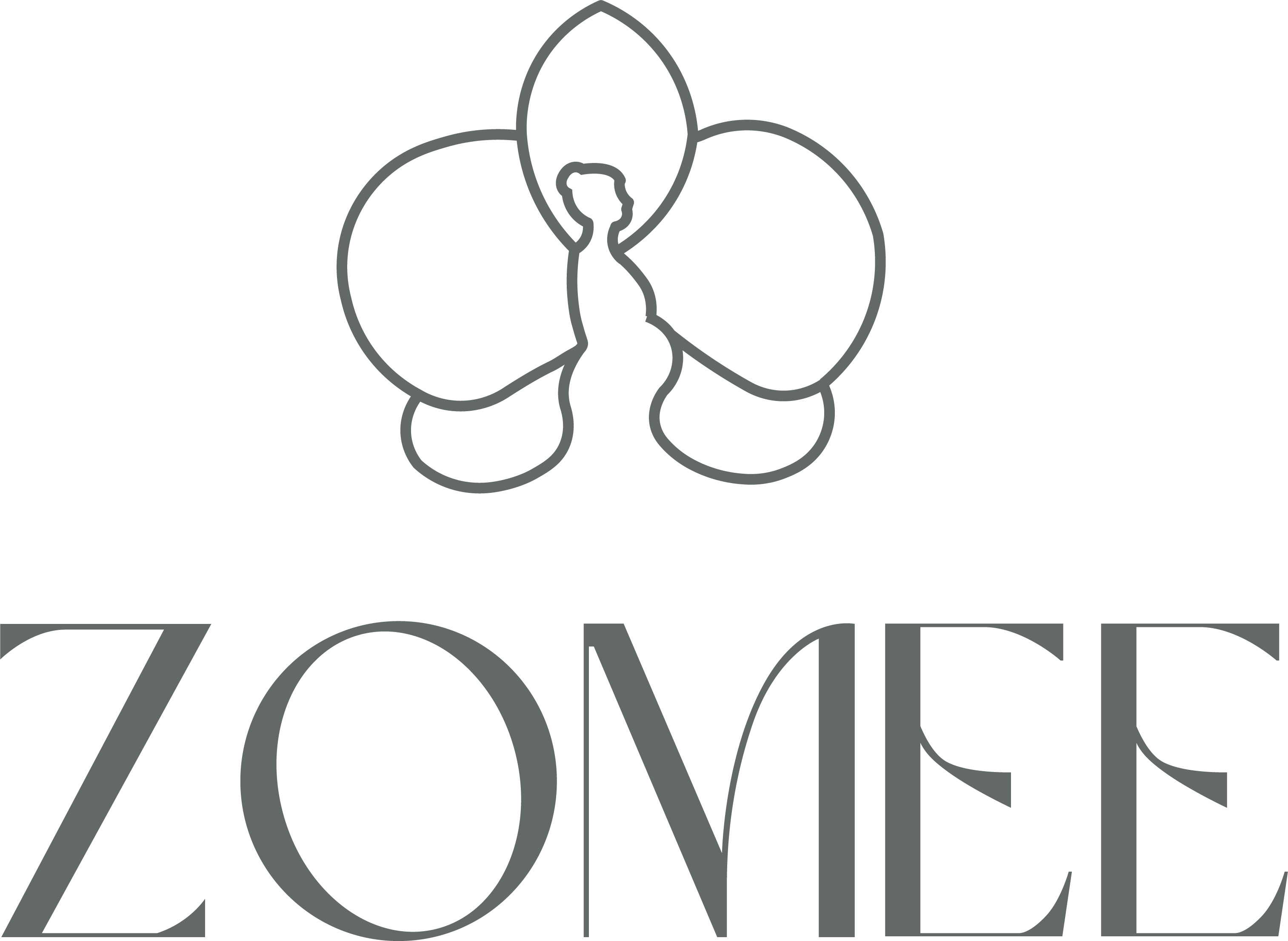Cold Medicine While Breastfeeding What’s Safe and What to Avoid

Getting sick while breastfeeding can feel like too much. Your body is aching, your head is heavy, and you still have a little one depending on you around the clock. It’s exhausting in every way.
If you’re here, you’re probably wondering if it’s safe to take something for relief. You might be staring at the medicine shelf, unsure which option won’t affect your milk or your baby. That uncertainty can make an already hard moment feel even heavier.
Thankfully, there are safe options. You don’t need to suffer through every symptom without help.
In this Mama Talk guide, we’ll walk through the cold medications considered safe while breastfeeding.
Key Takeaways:
- Many cold medications are safe during breastfeeding when you choose the right ingredients.
- Gentle remedies like steam, saline spray, and rest can offer relief without medication.
- Breastfeeding while sick is safe, and your milk may help protect your baby
- Always check the label or speak with a provider before taking anything new
Can I Take Cold Medicine While Breastfeeding?
When you’re feeling sick and trying to care for a baby, the idea of cold medicine can feel like both a relief and a risk. Many breastfeeding moms wonder if it’s okay to take something to ease the symptoms, or if it’s better to just wait it out.
The reassuring news is that many over-the-counter (OTC) cold medications are considered safe while breastfeeding. But the safety of any medication depends more on its active ingredients than on the brand name.
Does Medicine Pass Through Breast Milk to Your Baby?
It’s natural to wonder how much of the medicine you take might reach your baby through breast milk. The answer is that most medicines do pass into your milk in some amount, but in many cases, it’s very small and unlikely to cause harm.
That said, every medicine is different. Some are considered safe to use while breastfeeding. Others may not be recommended, especially if they affect your milk supply or haven’t been well studied in nursing moms.
Symptom-by-Symptom Guide: What’s Safe to Take

When you’re under the weather and still nursing, every symptom can feel bigger than it is. You’re tired, maybe in pain, and trying to make choices that protect both you and your baby.
Here’s a simple guide to help you figure out what’s safe to take based on how you’re feeling:
-
Fever or Body Aches
When your whole body hurts and you’re still waking for night feeds, even small relief can feel like a lifeline.
Safe to take:
- Paracetamol is gentle on your system and safe while breastfeeding when used at recommended doses.
- Ibuprofen is also considered safe while nursing and can help reduce inflammation along with pain.
Both can help you feel a bit more like yourself. Just be sure to follow the dosing instructions and check in with your provider if the fever lasts more than a couple of days.
-
Sore Throat
A raw, scratchy throat makes even soft lullabies feel impossible. Finding gentle ways to soothe it matters.
Safe to take:
- Throat lozenges with a mild local anesthetic or antibacterial agent
Use in moderation, and check labels to avoid products that contain iodine or strong anti-inflammatory ingredients unless recommended by a healthcare provider.
-
Nasal Congestion or Runny Nose
It’s hard to mother through a foggy head and stuffy nose. Breathing clearly again can bring a surprising sense of calm.
Safe to take:
Safe to take:
- Oxymetazoline or xylometazoline nasal sprays, for up to 3–5 days.
- Sedating antihistamines like diphenhydramine or chlorpheniramine can help with a runny nose, but they may make you drowsy.
Avoid oral decongestants like pseudoephedrine or phenylephrine because they can lower milk supply.
-
Cough
A lingering cough can wear you down, especially when you’re already low on sleep. Treating it safely can help you recover without slowing your milk flow.
For dry, nagging coughs:
- Dextromethorphan
- Pholcodine
- Dihydrocodeine
These help calm the reflex that keeps you coughing, and are considered safe while breastfeeding when taken at recommended doses.
For wet or chesty coughs:
- Guaifenesin
- Bromhexine
These loosen thick mucus and help you cough it up more easily. Like with all medications, it’s best to avoid unnecessary multi-ingredient syrups and stick to single active ingredients when possible.
Natural Remedies That Can Also Help

If you’re not feeling well and want to ease symptoms without medication, or alongside it, these simple, safe remedies can help while you continue breastfeeding.
- Rest when you can: Even a few quiet moments can help your body recover. If a loved one is around, it’s okay to ask them to hold the baby while you lie down for a bit.
- Drink plenty of fluids: Warm water, broths, or diluted juice can loosen mucus and help prevent dehydration.
- Avoid smoke exposure: Cigarette smoke can make congestion worse. Try to keep your space smoke-free while you’re recovering.
- Use honey and lemon in warm water: This can soothe your throat and settle a mild cough. It’s gentle and safe while nursing.
- Gargle with warm salty water: A few rinses a day can ease a sore throat and reduce irritation. It’s a quick and low-effort option that really helps.
- Try saline nasal sprays or drops: These clear your nose without any medicine. You can use them as often as needed.
- Inhale steam: A warm shower or a bowl of hot water with a towel over your head can help open up your sinuses and ease pressure.
These remedies won’t cure a cold, but they can make the days a bit easier. The goal is to keep things simple and take care of yourself in ways that feel doable.
What to Avoid While Breastfeeding

Not everything on the cold and flu shelf is breastfeeding-friendly. Some ingredients can lower milk supply or simply haven’t been studied enough to feel reassuring. Here’s what to keep an eye out for:
- Pseudoephedrine: Common in many cold and flu tablets, this decongestant can lower milk supply and may cause fussiness in some babies. Best avoided, especially if your supply is still sensitive.
- Phenylephrine: Another oral decongestant with limited data in breastfeeding. It may also reduce milk supply. Nasal sprays are a safer option for congestion relief.
- Iodine-based throat gargles: Used now and then, they’re unlikely to cause harm. But with regular or long-term use, there may be some risk. If your throat is sore, saltwater rinses or warm honey-lemon drinks are safer and just as soothing.
If you’re ever unsure, you’re not being overcautious by asking. Your doctor or pharmacist can help you make a choice you feel good about.
When to Call Your Doctor
Most colds will run their course and clear up with rest and care. But sometimes, your body may be asking for a little more support. If something feels off, or if you’re unsure about what’s normal, it’s always okay to reach out.
Here are a few signs that it might be time to check in with your provider:
- A high fever that doesn’t come down or lasts more than a couple of days.
- Swollen lymph nodes, especially if they are painful or spreading.
- Sinus pain or pressure that feels intense or is not improving.
- Shortness of breath or feeling like you cannot catch your breath.
- Chest discomfort that feels sharp or heavy.
- You are unsure about a medication and want to double-check if it’s safe.
- You are feeling too unwell to care for yourself or your baby the way you usually would.
Colds can sometimes lead to other infections, and it’s better to get care early than to wait and wonder. Your well-being matters, and asking for help is part of how you take care of both yourself and your little one.
Final Words
Being sick while breastfeeding is one of those quiet challenges that rarely gets the space it deserves. You’re tired, uncomfortable, and still showing up for every feed, every cuddle, every moment your baby needs you.
It’s okay to want relief. It’s okay to ask questions. And it’s more than okay to care for yourself while caring for your baby.
There are safe options to help you feel better, whether that’s a gentle medication, a warm drink, or simply a chance to rest. Every small choice you make to support your recovery is part of how you care for both of you.
FAQs
1. Should I keep breastfeeding if I have a cold?
Yes, it’s safe to keep nursing. Your baby won’t catch the cold through your milk, instead, your milk provides protective antibodies. Just be mindful of spreading germs through coughs or sneezes.
2. How can I take cold medicine safely while breastfeeding?
Choose single-ingredient medications to treat only what you need. Avoid multi-symptom products and oral decongestants like pseudoephedrine or phenylephrine.
3. What can I take for pain or fever while breastfeeding?
Meds like Acetaminophen, Ibuprofen, Naproxen (short-term use only) are often considered safe for pain when used as directed.
4. Is it safe to use VapoRub while breastfeeding?
VapoRub and other mentholated chest rubs are not recommended during breastfeeding. Applying them to your chest may expose your baby to strong vapors or skin contact during feeding.
5. Is it better to take medicine before or after breastfeeding?
If possible, it’s best to take your medicine right after you breastfeed. This allows time for the medicine levels in your body to lower a bit before the next feed.










